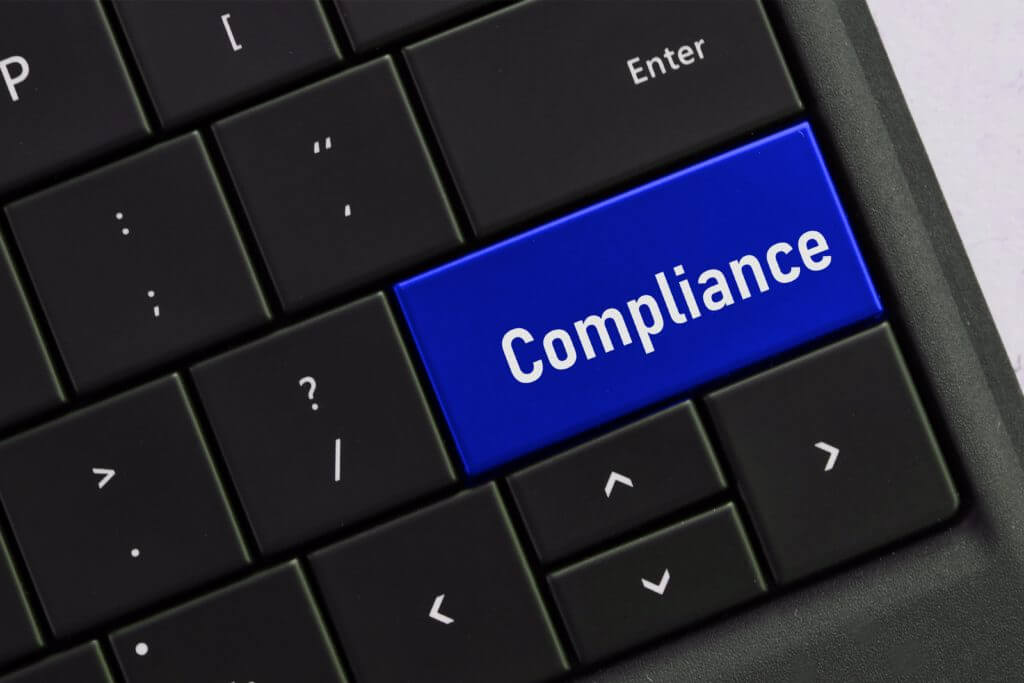With technology playing an ever-increasing role in the day-to-day operations of small businesses in Australia, it’s important that entrepreneurs stay up-to-date with the latest compliance regulations related to IT, cybersecurity, data security, and customer protection. Failure to comply with these regulations can result in hefty fines and damage to a business’s reputation. To help small business owners navigate the complex landscape of government-mandated IT compliance, we created a comprehensive guide to the various requirements imposed by both federal and state governments, including the specifics of New South Wales’ cybersecurity policy and Victoria’s protective data security standards.
Privacy Act 1988
Small businesses need to ensure that they handle personal information in accordance with the Australian Privacy Principles (APPs). This includes having a privacy policy that outlines how they collect, use, store, and disclose personal information, and providing individuals with access to their personal information upon request. Small businesses also need to have appropriate security measures in place to protect personal information from misuse, interference, loss, and unauthorized access, modification, or disclosure.
Read more about Privacy Act 1988
Notifiable Data Breach (NDB) Scheme
Small businesses need to have procedures in place to detect, contain, and assess the impact of data breaches. If a breach occurs, they need to promptly notify affected individuals and the OAIC, and take steps to mitigate harm. Small businesses also need to have a data breach response plan in place that sets out the steps they will take in the event of a breach.
Payment Card Industry Data Security Standard (PCI DSS)
Small businesses need to comply with the PCI DSS if they accept credit card payments. This involves implementing a range of security measures to protect payment card data, such as using firewalls, encrypting data, and restricting access to cardholder data. Small businesses can also outsource payment processing to a third-party provider that is PCI DSS compliant.
Read more about PCI DDS Compliance
Privacy and Personal Information Protection Act 1998 (NSW)
Small businesses in NSW need to comply with this law if they are a NSW government agency. This includes having a privacy management plan in place, appointing a privacy officer, and conducting privacy impact assessments when developing new projects or initiatives. Small businesses also need to ensure that they only collect personal information that is necessary for their functions or activities, and that they do not use or disclose personal information for a purpose other than the purpose for which it was collected.
Read more about Privacy and Personal Information Protection Act 1998 (NSW)
Health Records and Information Privacy Act 2002 (NSW)
Small businesses in NSW that handle health information need to comply with this law. This includes having appropriate security measures in place to protect health information, such as encryption and access controls, and only collecting health information that is necessary for their functions or activities. Small businesses also need to ensure that they only use or disclose health information for a purpose that is directly related to the primary purpose of collection, or for a purpose that is permitted under the law.
Read more about Health Records and Information Privacy Act 2002
Privacy and Data Protection Act 2014 (VIC)
This law applies to Victorian government agencies and governs the collection, use, storage, and disclosure of personal information. To comply with this law, small businesses in Victoria that are government agencies must have a privacy policy and a privacy management plan in place, appoint a privacy officer, and conduct privacy impact assessments when developing new projects or initiatives.
Read more about Privacy and Data Protection Act 2014 (VIC)
Health Records Act 2001 (VIC)
This law regulates the collection, use, and disclosure of health information by Victorian public and private sector organizations. Small businesses in Victoria that handle health information must comply with this law, including having appropriate security measures in place to protect health information, such as encryption and access controls. Small businesses also need to ensure that they only collect health information that is necessary for their functions or activities and only use or disclose it for a purpose that is permitted under the law.
Read more about Health Records Act 2001 (VIC)
Australian Cyber Security Centre (ACSC) Essential Eight
This is a set of eight cyber security strategies developed by the ACSC to help organizations mitigate cyber threats. Small businesses should consider implementing these strategies to improve their cyber security posture.
Read more about Australian Cyber Security Centre (ACSC) Essential Eight
ISO 27001
This is an international standard for information security management systems (ISMS). Small businesses that handle sensitive information should consider implementing an ISMS in compliance with ISO 27001 to help protect their information.
NIST Cybersecurity Framework
This is a set of guidelines and best practices developed by the US National Institute of Standards and Technology (NIST) for managing cyber security risk. Small businesses should consider implementing the framework to help manage their cyber security risks.
Read more about NIST Cybersecurity Framework
Cybersecurity breaches can have devastating consequences for small businesses. From legal fines and lost revenue to reputational damage and loss of customer trust, the risks of non-compliance with IT regulations are simply too great to ignore. That’s why it’s crucial for small business owners to take IT security and regulatory compliance seriously, and to seek out the assistance of a qualified IT consultant. By prioritizing cybersecurity compliance and staying up-to-date with the latest regulations, small businesses can protect themselves from potential threats and safeguard their future success.






